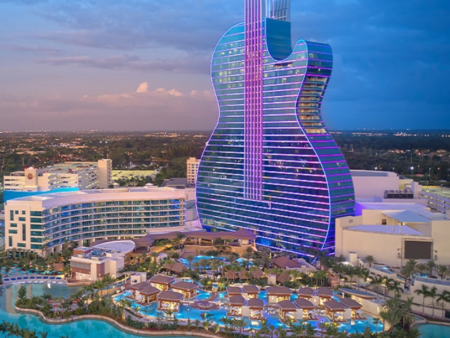In New Jersey, the casino industry is at a critical juncture, facing a confluence of challenges and opportunities that necessitate a careful reevaluation of its trajectory.
New Jersey’s Gross Gaming Revenue (GGR) has experienced remarkable growth, driven largely by the success of the state’s burgeoning sports betting market. The meteoric rise of New Jersey’s sports betting handle, surpassing that of Nevada on multiple occasions, underscored the state’s emergence as a formidable player in the gambling landscape.
However, officials at the New Jersey Division of Gaming Enforcement (NJDGE) have sounded a note of caution, warning that the current surge in GGR may not be sustainable in the long term. As the industry approaches a potential tipping point, policymakers are grappling with the need to balance growth with prudent regulation.
In light of the escalating concerns surrounding the sustainability of the casino industry, proposals to limit the expansion of physical gambling properties are gaining traction. A recent report presented to a state Assembly Panel advocated for a moratorium on the establishment of new casinos in the state.
The rationale behind the proposal stems from the recognition of a crowded casino market in the Northeast region, with New Jersey facing intensifying competition from neighboring states. The impending arrival of a new casino in Philadelphia’s stadium district threatens to divert significant revenue away from New Jersey, exacerbating the challenges posed by market saturation.
Lawmakers and economic analysts alike are sounding the alarm about the potential repercussions of unchecked casino expansion. Concerns center around the adverse effects on employment rates, tax revenues, and overall economic stability in the region. The specter of over-saturation looms large, casting a shadow over the future viability of the industry.
In response to mounting pressures, policymakers are contemplating a series of measures aimed at safeguarding the long-term sustainability of the casino industry. Proposals include stricter regulatory oversight, enhanced market analysis, and collaborative efforts to foster responsible gaming practices.
The lessons learned from past ventures, such as the acquisition and subsequent rebranding of the Trump Taj Mahal by the Hard Rock Hotel and Casino, underscore the need for strategic foresight and prudent decision-making in navigating the complex dynamics of the casino market.
New Jersey’s casino industry stands at a crossroads, grappling with the challenges of growth, competition, and regulatory scrutiny. As stakeholders weigh the merits of expansion against the imperatives of sustainability, the path forward remains uncertain yet rife with possibilities for innovation and adaptation.

















